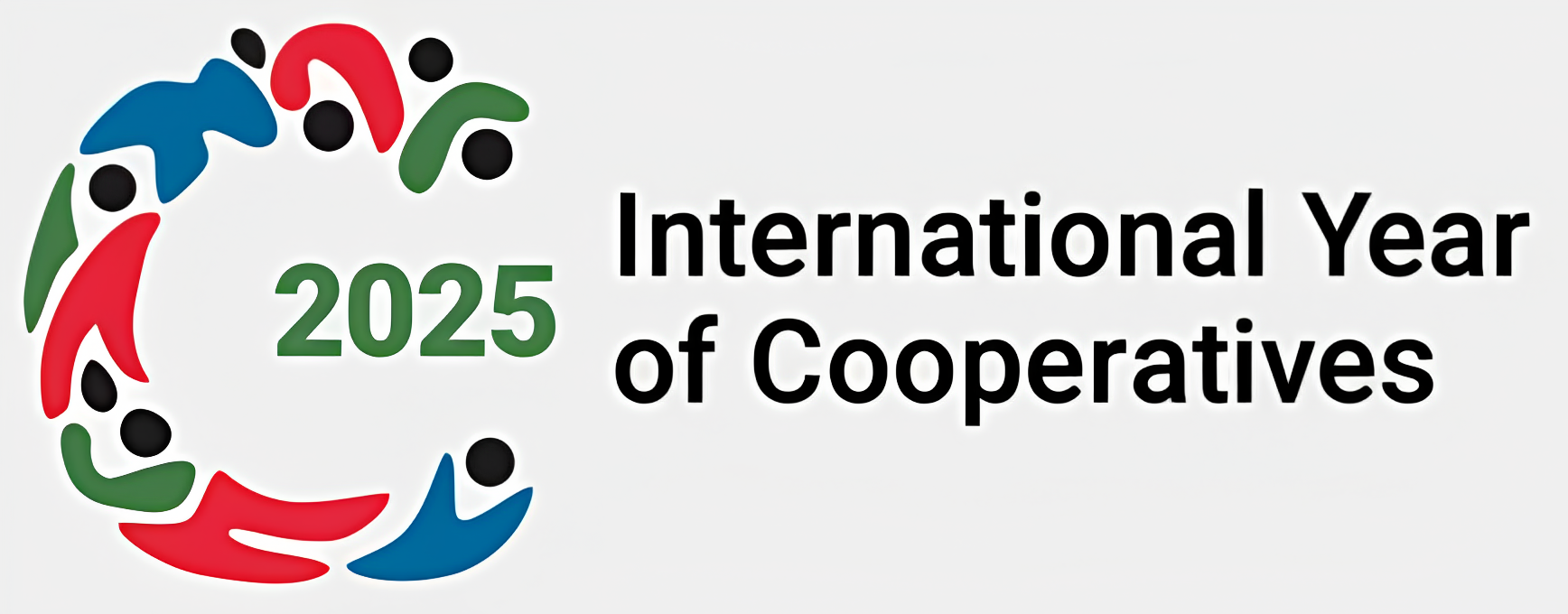Cyber Awareness
- Advanced technologies have transformed modern life. The internet enables communication, online banking, job searching, running businesses, and much more. However, it also exposes us to cyber threats.
- Powerful cyber-attacks are emerging regularly, and a minor mistake in managing our digital life can lead to financial fraud or reputation damage. Studies reveal that **90% of cyberattacks result from human negligence**, emphasizing the importance of cybersecurity awareness.


Stay Secure
To protect yourself from cyber threats, follow these security practices:
- Download mobile applications only from **official app stores or trusted sources**.
- Review all permission requests carefully, especially those that require **sensitive access**.
- For instance, a **photo app does not need microphone access**.
- Update your **software and mobile applications** regularly to fix security vulnerabilities.
- Be cautious of **malicious apps** or updates—clear related data and uninstall them immediately.
- Change the **default admin password** on your Wi-Fi router and use **strong encryption settings**.
Report Cyber Crimes
If you are a victim of cybercrime, report it immediately. Here are the national helpline numbers:
- 👮 **Police Emergency Helpline:** **112**
- 👩🦰 **National Women Helpline:** **181**
- 💻 **Cyber Crime Helpline:** **1930**
For more details or to file a complaint, visit: cybercrime.gov.in

Cybersecurity Tips
- Do not close the browser window without logging out of your account.
- Use 2-step verification (OTP) when using someone else's computer.
- Do not save your username and password in the web browser.
- Register your mobile number with social networking sites to receive security alerts.
- Permanently delete all documents downloaded on public computers (e.g., cybercafés).
- Never share copies of identity proofs (PAN, Aadhaar, Voter ID, etc.) with unknown persons.
- Be cautious when using identity proofs in suspicious locations.
- Do not share personal details like Date of Birth, Address, or Phone Number publicly.
- Always strike out the photocopy of identity proofs and write the purpose on them.
- Do not leave your credit/debit card receipts behind in public places.
- Do not respond to messages requesting personal or financial details.
- Do not click on suspicious email links.
- Never transfer money to unknown or untrusted accounts.
- Always verify email domains (e.g., government websites use ".gov.in" or ".nic.in").
- Enable spam filters in your email account.
- Use passwords with at least 8 characters, including letters, numbers, and symbols.
- Use a different password for each account and update it regularly.
- Enable 2-step verification whenever possible.
- If an account is hacked, change the password immediately.
- Avoid using "Remember Me" options on public computers.
- Always update your system/devices with the latest security patches.
- Use updated anti-virus software.
- Download apps/software only from trusted sources.
- Use strong passwords and change default admin passwords on routers.
- Avoid using public Wi-Fi for sensitive transactions.
- Scan email attachments before opening them.
- Record your phone’s IMEI number in case of theft.
- Be aware of skimming devices at ATMs.
- Encourage friends & family to learn about cyber safety.
- If you suspect a security breach, report it immediately.




